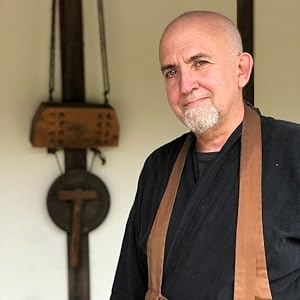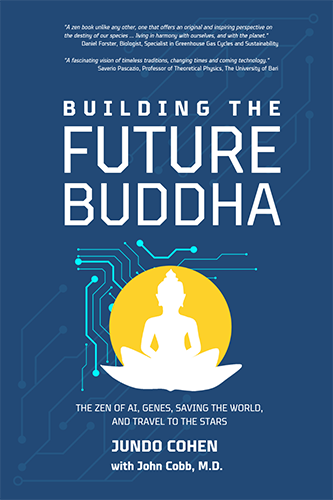
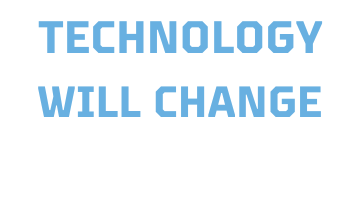

Building the Future Buddha
Zen and Buddhist insights, timeless wisdom gathered over centuries, can help guide us in our lives today and in the prudent use of new technologies, nurturing a calm and serene world, prosperous yet existing in harmony with nature, a healthy, contented and good society for the centuries to come.
Let Zen inspire us to sometimes step back from our machines and digital devices, returning to the simple and old-fashioned ways, the slow ways, because they are beautiful ways. In the rush for improvement, let us learn to sit still sometimes and rest from our goals, drop the quest for constant upgrades and efficiency, restrain the endless hunger for progress, and turn off the flashing lights and ceaseless noise.
At the same time, if employed well, technology and medicine can help us bring true peace, an end to most wars and violence committed in anger, cures for diseases, ecological balance, greater love and empathy among people and for all beings, increased charity, remedies for poverty and homelessness, and the attainment of other goals for good in the world as long dreamed of by Buddhists and caring people of many religions and philosophies.
Tomorrow’s technologies will change Buddhism too. AI and robotics, bio-engineering and physical enhancements, genetics and nano-implants, virtual reality and new media, medical miracles and manufacturing marvels, extended lifespans and expanded minds will make many of Buddhism’s most fabulous ideals realizable. Zen will be practiced, programmed, bred and wired in; enlightenment will move as chemistry and light across neural fibers and optical fibers.
“Jundo Cohen helps us lift Buddhism
from the realm of dusty caves and
reclusive locations in order to
envision a future … new technologies
and the complicated kinds of
decision-making that must be faced.”
Steven Heine
Historian of Japanese Buddhism and Zen
“A fascinating vision of
timeless traditions, changing times
and coming technology.”
Saverio Pascazio
Professor of Theoretical Physics
The University of Bari
“A zen book unlike any other, one that offers an original and inspiring perspective on the destiny of our species … living in harmony with ourselves, and with the planet.”
Daniel Forster
Biologist, Specialist in Greenhouse Gas Cycles and Sustainability
8 PRINCIPLES for BUILDING the FUTURE BUDDHA
The Zen Way of Encountering Tomorrow
I. Let us unplug for long stretches of time, stepping away from our machines and screens, switching off the flashing lights and ceaseless noise, returning to the minimalist, low-tech or no tech, small-scale, slow and natural ways just because they are beautiful ways, cherishing the old and rustic, the hand-made and expertly crafted, the unembellished gifts of life.
II. At the same time, let us choose to further technology and medicine that, if used wisely and well, may help bring peace, an end to wars and angry violence, that can lead to cures for diseases, ecological balance, greater love, charity and empathy among people and for all beings, remedies for poverty and homelessness, and the attainment of other goals for good in the world long dreamed of by Buddhists and caring people of many religions and philosophies.
III. Let us cultivate balance, moderation in desire, sustainable production, the wise use of resources, equilibrium and homeostasis in consumption, a healthy relationship with this planet which is our home.
IV. Let us know contentment with “just what is” and acceptance of the present state of affairs, even as we work diligently for what is truly needed, even as we do not accept and meet head-on the challenges of the many problems in this world we must address; building a beautiful world, yet quitting the quest for constant improvements and efficiency, restraining the endless hunger for achievements, rejecting some technologies altogether because of their harmful effects, working to make our planet better, yet nonetheless satisfied with enough and not more … for enough is simply enough.
V. Let us employ technology and medicine fairly, so that no one is left hungry, homeless, without access to reasonable opportunity, education or medical care, friendship, respect and love, honoring our diversity.
VI. Let us learn from the traditional teachings of the Buddhas and Zen Ancestors, let us practice Wisdom and Compassion in our ancient Zen ways, while open to new means and methods, helpful science, technology and medicine which might complement and fulfill the old teachings and ways.
VII. Climbing the mountain, pushing hard, aiming for the heights, we can also be at home each single step-by-step of the path, dreaming, creating, bringing beauty, art and music into this world, thinking up inventions and creations which enhance life and well-being, striving to make this world better, to resolve its many problems, even as we know hand-in-hand the Zen taste of nothing to attain, nothing in need of doing, nothing to fix, no place else to reach.
VIII. Let us sit for a while each day, Just Sit, in the wholeness and completion of Just Sitting, no other place to be, no other act to do, but Sitting to Sit Zazen, sitting for a time in the timeless moment of past, present and future momentarily put aside.
Let us study, realize in body and mind, the teachings of Zen and Buddhism of centuries long ago, made real in our life in the present moment, while also working for a good world in the centuries to come. We are this planet, and each other in other guise, and we together determine what tomorrow will become. The future is not fixed, but is a realm of possibilities in which we may exert our plans, will, ethics and vision to bring about a better world. The future does not unfold fully independent of our actions and wishes, but is like a flowing river influenced and guided by our actions and wishes. Let us work toward a beautiful and peaceful world, bringing to life the Future Buddha, not simply waiting for this Buddha to appear.
